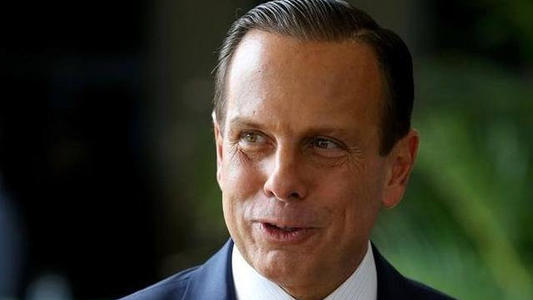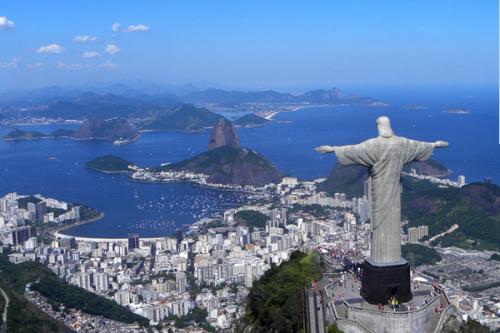RIO DE JANEIRO (Reuters) - Brazilian President Jair Bolsonaro said Sunday that his country was bankrupt and there was nothing he could do about it. Bolsonaro added that the Covid-19 crisis had an impact on the economy and was exacerbated by the media's hype about the impact.
"Brazil is broke," Bolsonaro said in a speech to a group of supporters at the presidential palace Alvorada. There's nothing I can do. I want to amend the income tax form, but I can't."
Bolsonaro pointed to Brazil's dire economic situation when asked if the government had no intention of extending subsidies to help vulnerable people mitigate the impact of the outbreak. The subsidy benefits about 60 million people who are unemployed, unemployed and poor.

The report noted that the subsidy was 1,200 reais a month for the first few months, but that was cut to half between October and December. With the state's public accounts in dire straits, the government has no intention of continuing to subsidise.
Mr. Bolsonaro said another way to help Brazilian families in the current situation was to lower income taxes, and he cited a pledge made during the election campaign to increase the percentage of Brazilians who avoid income tax. Bolsonaro's promise is now impossible to fulfil as the Covid-19 outbreak has reduced national tax revenues and increased public spending.
Asked about the reasons for the grim economic situation, Bolsonaro said: "Our media, the weak media, have fueled the (New Coronet) virus."
The media, Mr Bolsonaro said, "do everything they can to consume [the government], drive us out, and look after its insidious interests".
Bolsonaro, one of the heads of state skeptical about the severity of the outbreak, also blamed Brazil's increasingly dire economic situation on local governments, which he said had imposed social quarantine measures to contain the spread of the novel coronavirus.
According to the latest estimates by the Brazilian government and economists, Brazil's economy will shrink by about 4.5 percent in 2020, the fastest rate in decades. But that is far below the 9 percent contraction that the IMF predicted at the start of the epidemic in 2020.
While most economic activity has picked up in recent months and some have returned to pre-epidemic levels, unemployment is still rising and the distrust of entrepreneurs and investors remains stubbornly high.
Many economists believe Brazil's economic recovery depends on the speed and effectiveness of the government's new vaccination programme, but the government has yet to set a date for the start of the vaccination programme.





